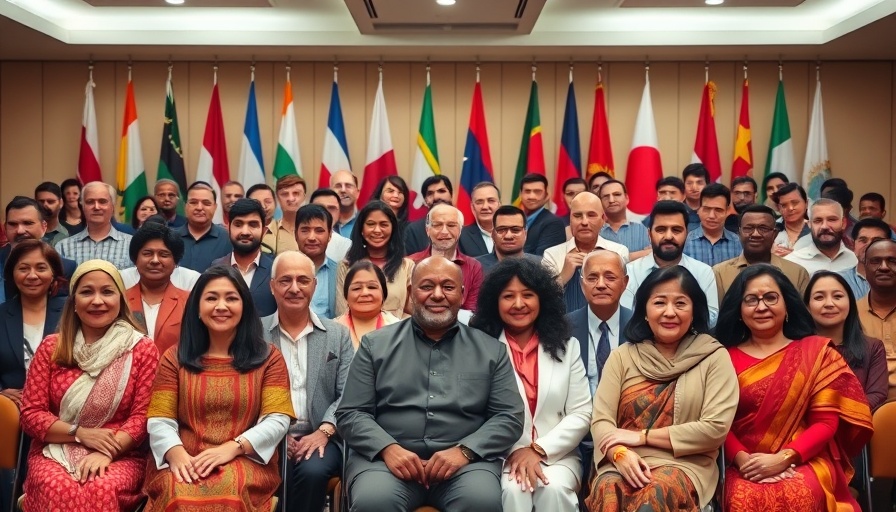
Empowering Educators Through Artificial Intelligence
In a significant move towards integrating technology in education, the Arab Bureau of Education for the Gulf States (ABEGS) has initiated a training program focused on artificial intelligence (AI) in public education. Launched at the Arab Center for Educational Training for the Gulf States in Doha, this endeavor is designed to elevate the capabilities of education supervisors from various member states.
Why AI Matters in Education Today
As we advance in the digital age, the incorporation of AI in educational systems has become crucial. With rapid technological advancements, educators are tasked with not only keeping pace but also effectively leveraging these technologies to enhance their teaching methods. This course, running until June 26, 2025, aims to equip participants with practical AI skills that can be applied directly within their educational environments, promising to improve the overall quality of learning.
Strategies for Success: Interactive Learning
The program includes various interactive training sessions that focus on the hands-on application of AI. These sessions are tailored to allow educators to practice the skills they acquire, ensuring they can smoothly transition this knowledge back to their peers in their respective ministries. This approach not only promotes a collaborative learning atmosphere but also encourages a robust technical infrastructure for education across the Gulf Cooperation Council (GCC) countries.
Bridging the Knowledge Gap
One of the key objectives of this training initiative is to harness the knowledge from AI advancements and transfer it to colleagues who may not have access to such training. This process is vital for creating a more uniformly skilled workforce within the educational sector, benefiting students throughout the region.
Real-World Implications: How AI Can Transform Education
The implications of applying AI in schools extend beyond just administrative efficiency. For example, AI tools can help analyze student performance data, enabling educators to tailor their teaching strategies to better meet individual needs. This personalized approach can lead to better educational outcomes, allowing students to thrive in an increasingly complex world. By focusing on these innovative teaching tools, educators can foster a generation of learners who are not only well-informed but also adaptive to future challenges.
Looking Ahead: Future Trends in Education
As the world increasingly turns towards digital solutions, the educational sector must not lag behind. Given the course’s alignment with the Gulf Observatory for Artificial Intelligence in education, we can expect a wave of upcoming trends where AI will continue to play a significant role. Whether through enhanced educational materials, data-driven insights into student learning, or even the use of AI tutors, the future of education in the GCC looks poised for transformation.
Get Involved: Shaping the Future of Education
This training initiative represents just the beginning of what can be achieved through the collaborative efforts of educators across the GCC. As stakeholders in the educational sector, there is a call to action for all involved to embrace these new tools and ideas. Educators can take steps to incorporate what they've learned into their curricula while advocating for similar training programs in their own institutions. By doing so, they not only commit to their own professional development but also contribute to improving the entire educational landscape in the region.
 Add Row
Add Row  Add
Add 




 Add Row
Add Row  Add
Add 

Write A Comment